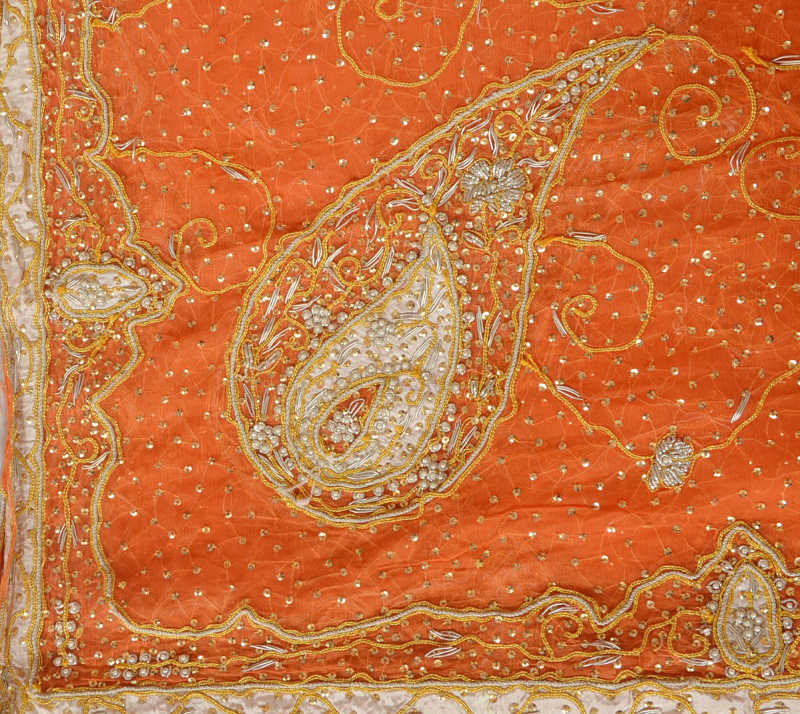===
0669,
2
===

=== |
 |
FWP:
SETS == HUMOR
MOTIFS == FOOD; SOUND EFFECTS; WRITING
NAMES
TERMS == THEMEWell, Tapish's verse may not be as fine as Mir's, but let's not consider it entirely bland and boring. Doesn't the word birishtah do something enjoyable in its own right? It opens up the imaginative possibility that the carnivorous beloved would enjoy feasting on the already-cooked 'roasted' or 'broiled' heart-- perhaps even more than the pigeon kabobs on which she so greedily snacks?
Actually, the finishing touch would be if the letter fluttering around in the breeze had grease-stains on it, to show that it had been pressed into service as a napkin during the kabob-fest. But as SRF points out, we don't actually know for sure that the beloved ate the pigeon. The poor paranoid lover just sees (something like) a letter fluttering in the breeze, and jumps to what seems to him (or perhaps really is) the most plausible conclusion.
The vision of the kabob-munching beloved, personally grilling chunk after chunk [kabāb kar kar], eating with relish, and then licking her henna-ed fingers, is truly funny. And then kabāb kar kar khāyā kabūtar contains such a remarkable string of disruptive, unstoppable 'k' sounds, almost all followed by only a short 'a' and then another consonant; and the string begins with a kab-āb and ends with a kab-ūtar . Really, a brilliantly attention-grabbing set of sound and script effects.
But then the second line actually almost succeeds in shifting gears. The vision of the wing-like (but wingless) white letter, whirling here and there in the wind, can indeed evoke the helpless fluttering of a white wing (or feather), and the poignancy of a slaughtered bird. Or perhaps even after the bird has been slaughtered, the letter itself can't bear to leave the beloved's street? Thus it itself keeps fluttering around, urgently seeking access to her presence.
This is really a very amusing verse. But it's not only amusing; it's amusing, but also with a certain dignity or subtlety of feeling. The first line is truly funny-- and then the second line adds more complex emotions. It adds qualities of thought and feeling that are hard to decipher, and hard to pin down, but are most definitely felt by the reader. Yet still it's funny! This is no small achievement, even for a brilliant poet like Mir.
Note for grammar fans: The letter literally 'in a state of having flown, wanders'. The uṛā , short for uṛā huʾā , is a perfect participle. Then phire hai is an archaic form of phirtā hai . The birdlike quality of 'having flown' is what I was trying to capture in 'flutters', though I admit that it's not as literal as it might be.